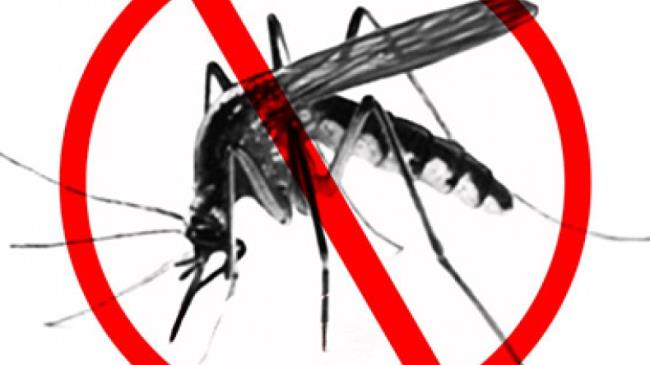WRITTEN BY PROF. PETER KATCHY
World Malaria Day is celebrated on April 25 every year. It provides a common platform for countries to showcase their successes in malaria control and unify diverse initiatives in the changing global context.The theme for this year is ZERO MALARIA STARTS WITH ME”. This underscores the collective energy and commitment of the global malaria community in uniting around the common goal of a world free of malaria. It empowers individuals across the world to make personal commitment to save lives and help communities and economies to thrive by ending malaria.
This global movement seeks to re-energise the fight to eliminate the disease, which still threatens half of the global population and kills one child every two minutes. The damage inflicted extends far beyond loss of life: malaria takes a heavy toll on health systems, sapping productivity and eroding economic growth.
The literary meaning of malaria is BAD AIR. Malaria is associated with dirty environment and dirty habits. It is caused by parasites belonging to the plasmodium group that lives inside the red blood cells. The disease is carried by female mosquito known as the anopheline. In Africa, it is usually known by the angular position of its body while perching on walls.
Mosquitoes need water to breed and are always found around smelling puddles, swamps, ponds, gutters and dams. Mosquito bite to a person results in malaria. The disease is sequel to the development of the parasites, which manifest as malaria after eight to fourteen days or longer after the attack of mosquito by biting a person.
Malaria is the most important and malignant parasitic disease of humans with global incidence today of around 200 million cases per year with over a million deaths. The disease is the largest effect on the course of history and settlement in tropical regions. Whereas there are over a hundred species of malaria parasite or plasmodium, only four types of malaria affect humans.
However, Centre for Disease Control and Prevention of the Federal Ministry of Health and Anambra State Ministry of Health are in the forefront of the original global public health push for malaria elimination, which have resulted in eliminating local malaria transmission across the state and by extension, Nigeria. Also, the Current malaria control initiatives led by the World Health Organization (WHO) and others have contributed to reductions in malaria incidence and deaths in the last 15 years.
Over the last 10 years, donors have equally, collectively, supported procuring and distributing more than a billion insecticide-treated bed nets and more than a billion Artmisinin-based Combination Therapies (ACTs) globally. Since the year 2000, the estimated number of malaria deaths worldwide has declined from eight hundred and thirty-nine thousand to four hundred and thirty-eight thousand in 2015, a 48% reduction. This is estimated to have saved up to 6.2 million lives, mostly among children under the age of five.
Efforts to prevent malaria in pregnancy alone have averted 94,000 newborn deaths between 2009 and 2012. Less malaria means healthier society, increased attendance to school and work, more productive communities, and stronger economies. Eliminating malaria is critical to achieving the Sustainable Development Goals, and must remain a key priority for the global development community.
Urgent action is therefore required to get the global fight against malaria back on track. That’s why WHO is calling for greater investment and expanded coverage of proven tools that prevent, diagnose and treat malaria. No doubt, the global response to malaria is at a crossroad. After an unprecedented period of success in malaria control, progress has stalled. The current pace is insufficient to achieve the 2020 milestones of the WHO Global Technical Strategy for Malaria
Countries with ongoing transmission are increasingly falling into one of two categories: those moving towards elimination and those with a high burden of the disease that have reported significant increases in malaria cases. There is need for renewed focus on Africa as the African Region continues to bear 90% of malaria cases and 91% of malaria deaths worldwide. Nigeria, the continent’s most populous country, accounted for 27% of malaria cases and 24% of malaria deaths globally in 2016. Over the coming months, W.H.O should provide intensified support for countries that carry the highest burden of malaria. ALL HANDS MUST BE ON DECK TO ENSURE ZERO MALARIA!





Comments are closed for this post.